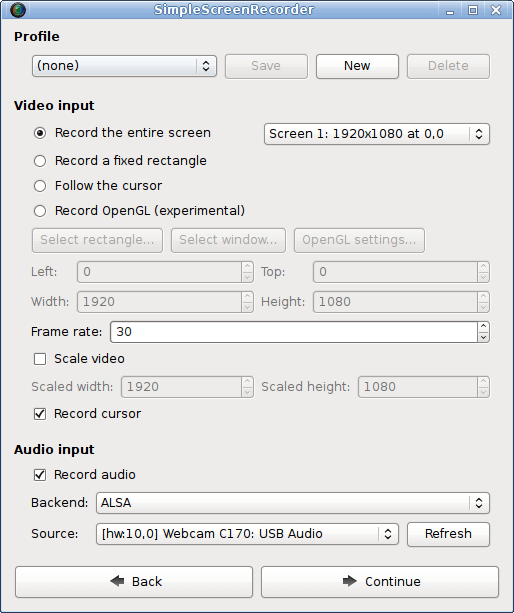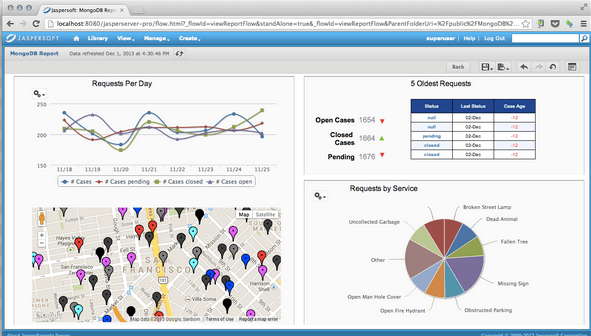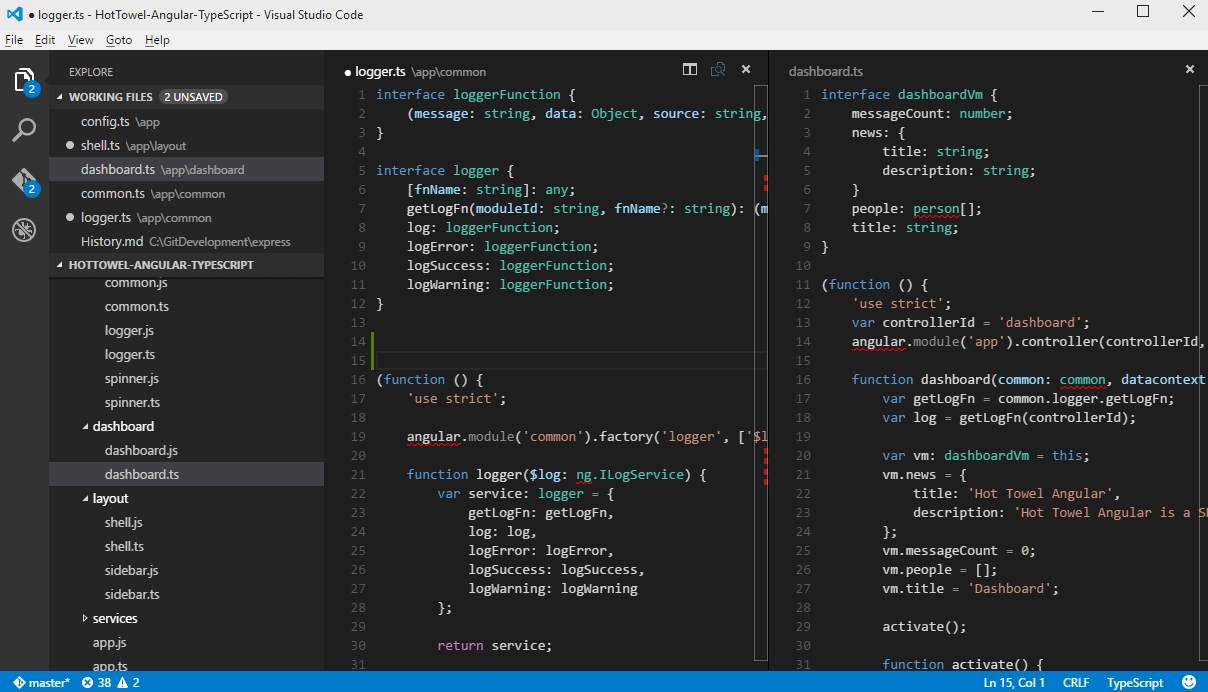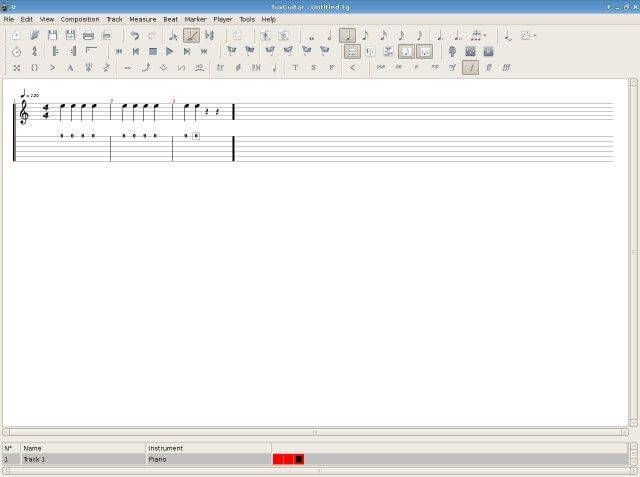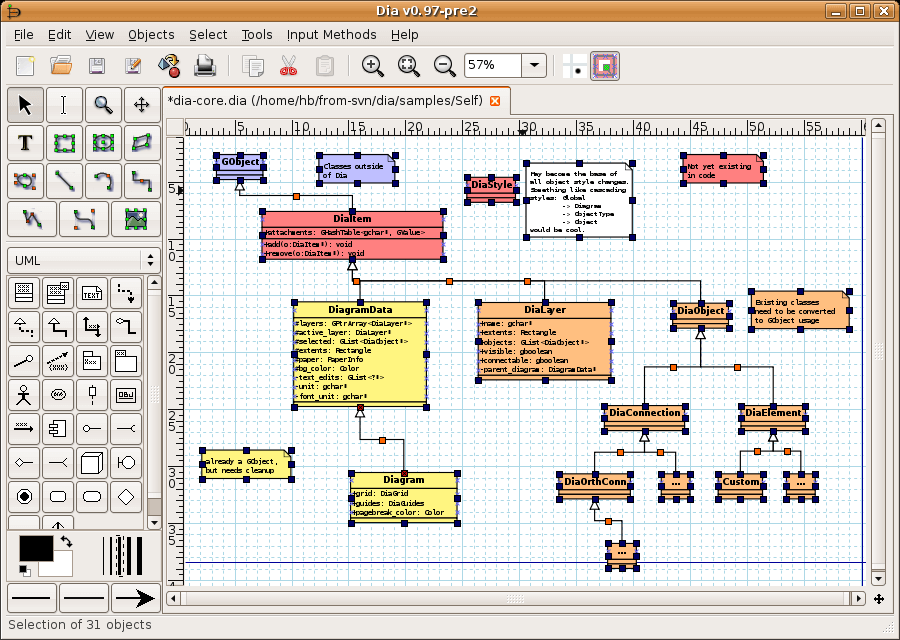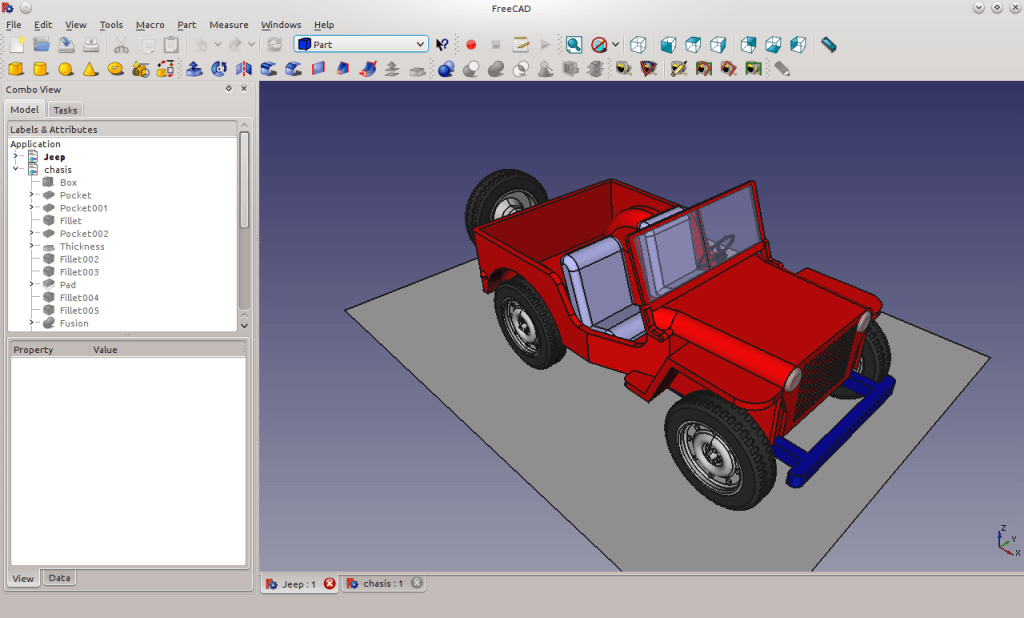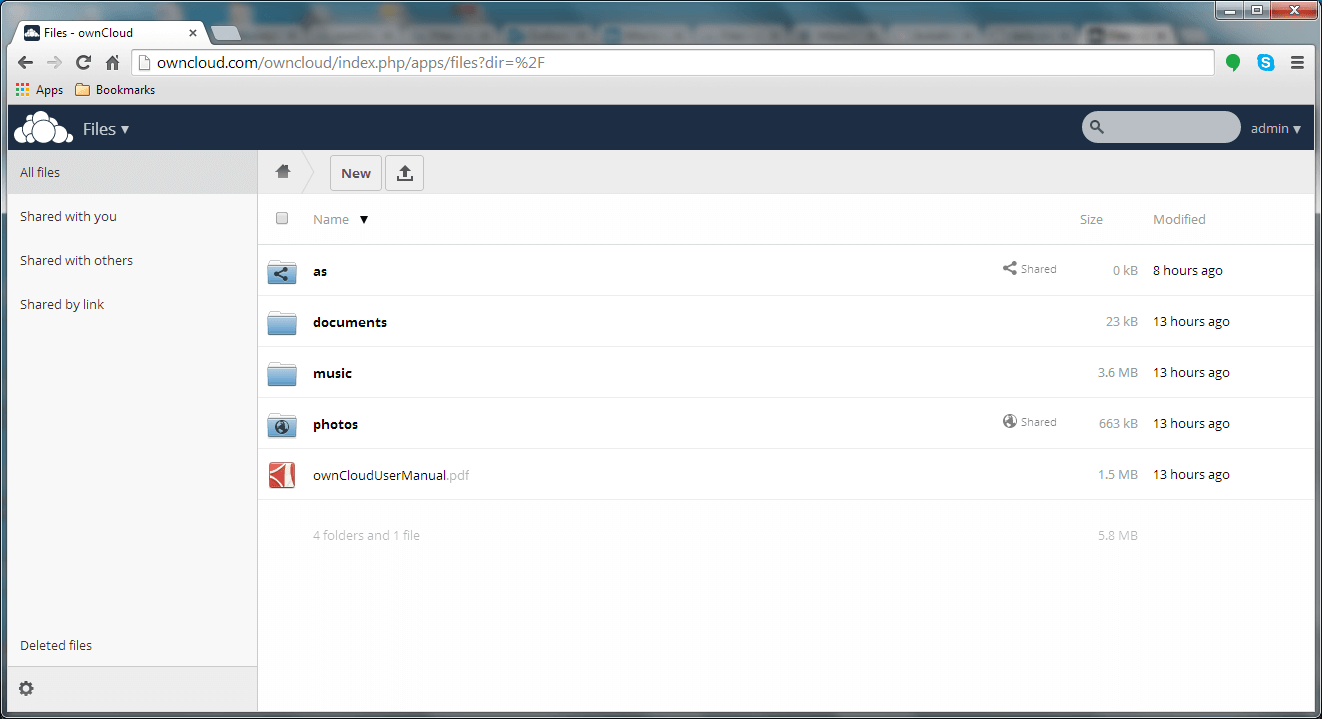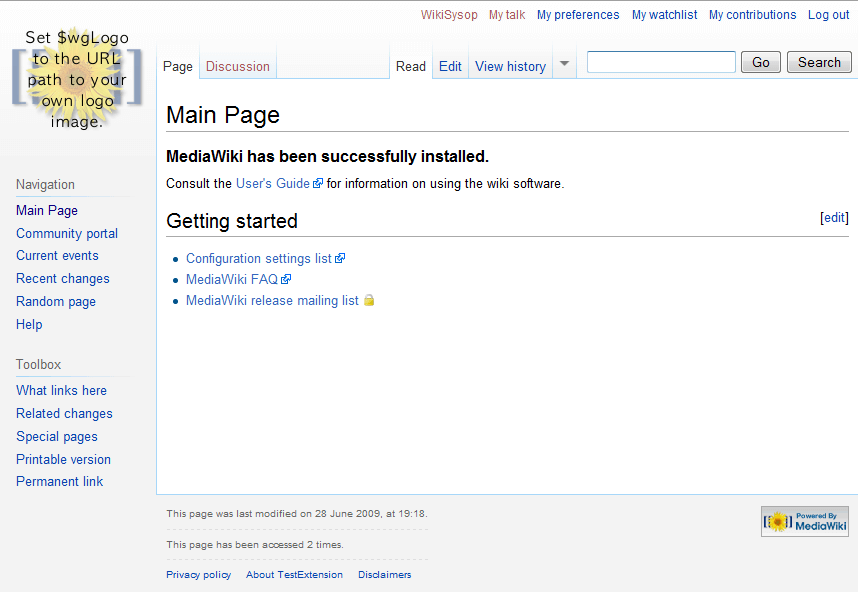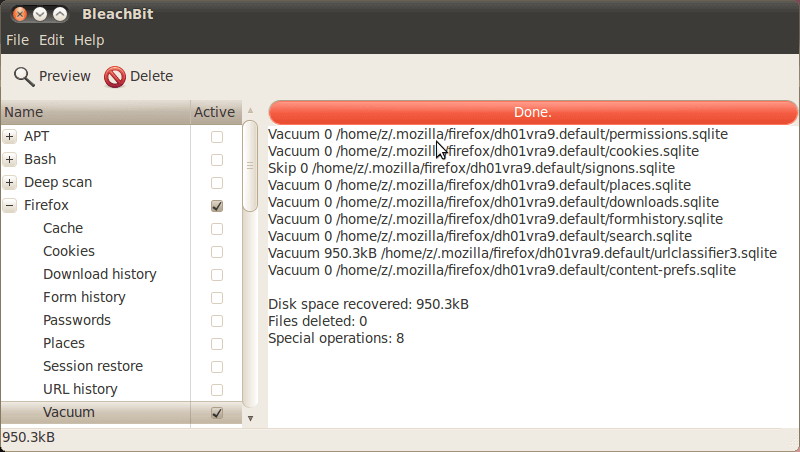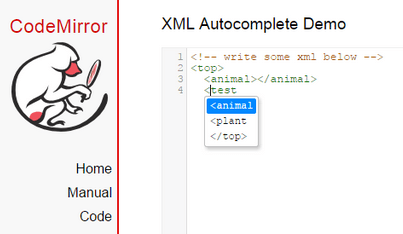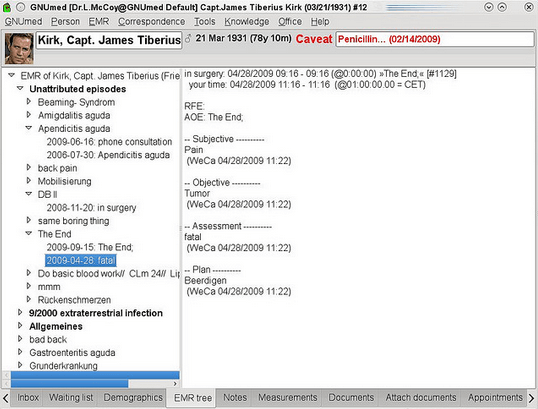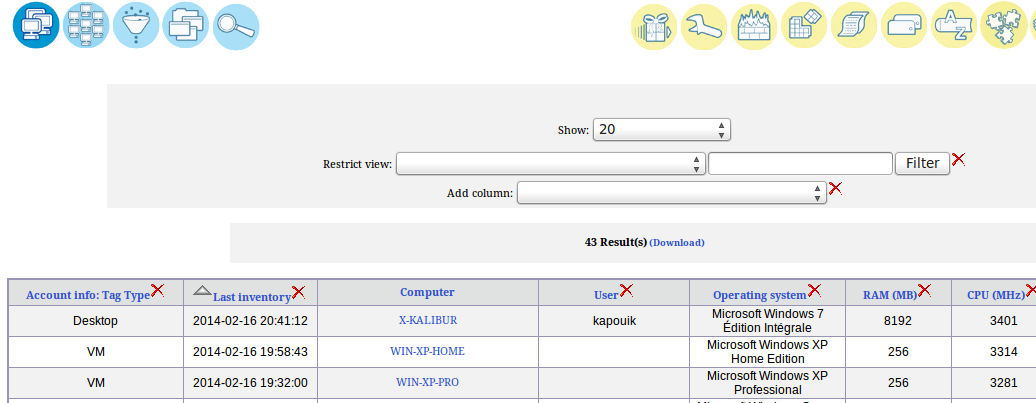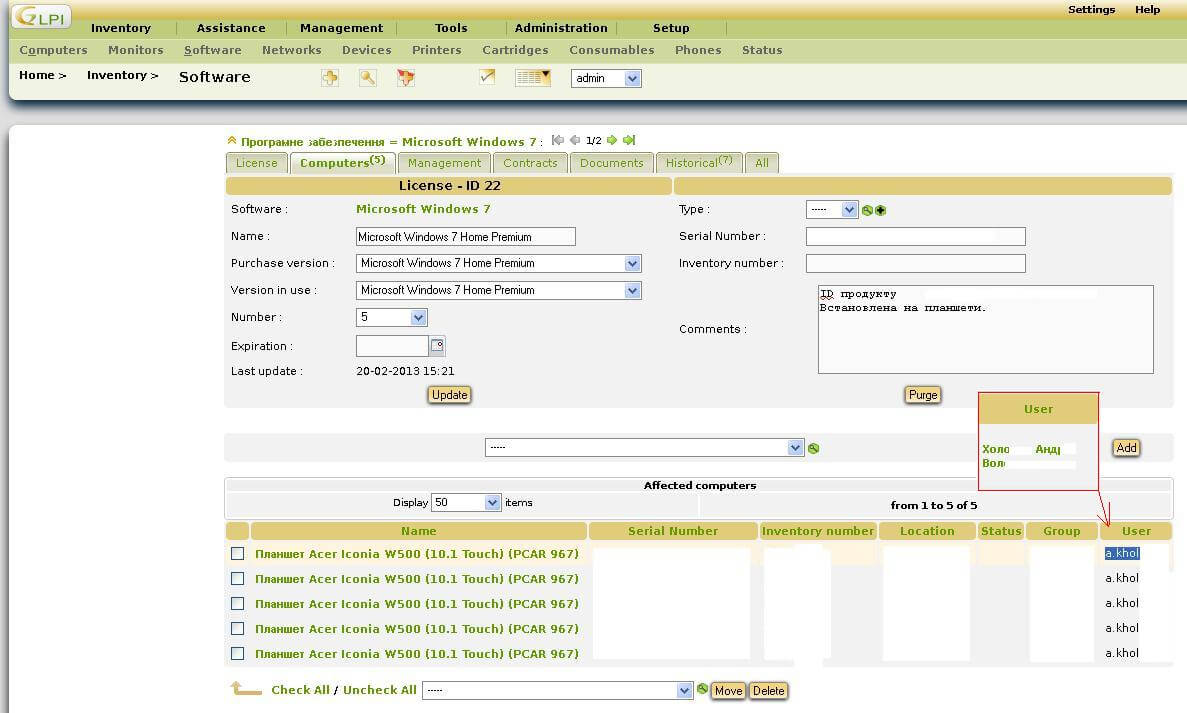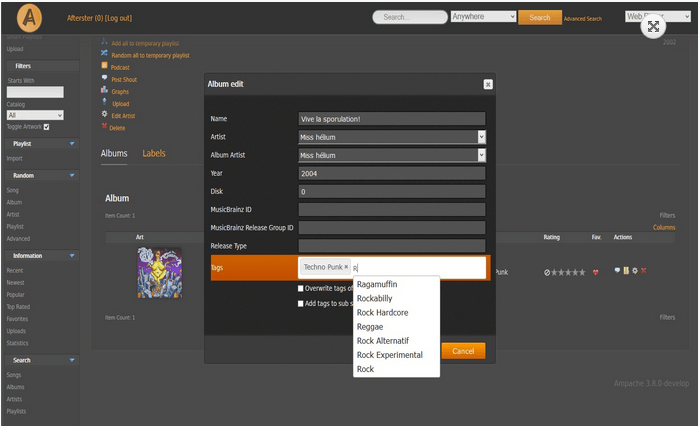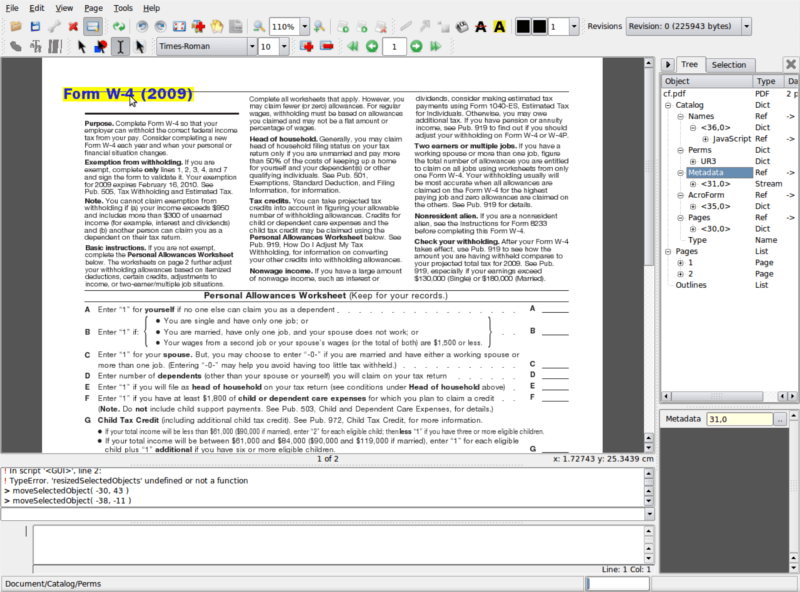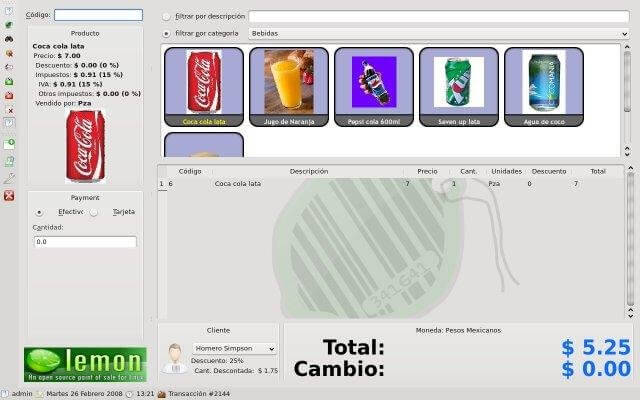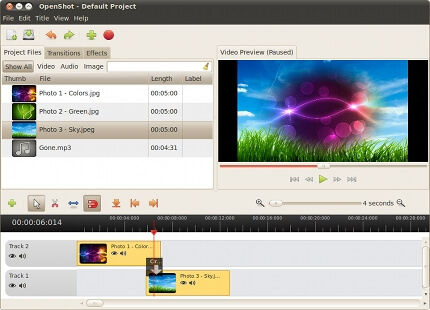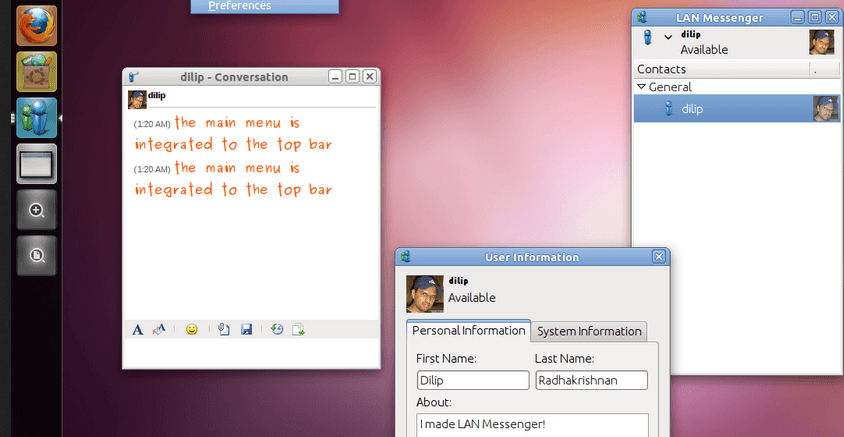It is time to share a list of the best 20 Free and Open Source Software. Some of these programs may not be new in that they weren’t released for the first time, but they are new and have been helpful to me. It is in the spirit of sharing that I’m writing this article hoping you find some of these programs useful as well.
To begin, you may want to search for the program using your distribution’s package manager, like so:
Fedora and derivatives:
Debian and derivatives:
OpenSUSE and derivatives:
Arch Linux and derivatives:
If your search returns no results, head over to the website of each tool where you will find the standalone package for download and installation instructions, along with information on dependencies.
1. SimpleScreenRecorder
You can use Simple Screen Recorder to make audio and video screen casts (entire screen or selected area). It is easy to install and use, but powerful at the same time.
We already covered Simple Screen Recorder in depth here: How to record programs and games using Simple Screen Recorder.
2. Jaspersoft Studio
Jaspersoft Studio is a report designer program that allows you to create simple and sophisticated reports as well with charts, tabs, tables (and everything you can expect to see in a world-class report) and export them to a wide variety of formats (with PDF perhaps being the most common).
With Q&A forums and User groups, plus several samples and examples, the community web site is a great resource of help to master this versatile program.
Website: http://community.jaspersoft.com/
3. Visual Studio Code
Visual Studio Code has reached a significant level of popularity among web and cloud developers who are also Linux users since it provides a nice programming environment out of the box that supports extensions to add functionality.
Website: https://code.visualstudio.com/
4. TuxGuitar
If you’re like me and music (especially the guitar) is one of your passions, you’ll love this program, which will let you edit and play guitar tablatures like a pro.
5. Ekiga
An alternative to Microsoft’s Skype, Ekiga is a video conferencing and VoIP solution for GNOME in Linux (but also available for Windows).
Website: http://www.ekiga.org/
6. Childsplay
Great for parents with little children, Childsplay provides fun memory activities to learn sounds, images, letters, numbers, how to use input peripherals (keyboard and mouse) and more.
Website: http://childsplay.sourceforge.net/
7. Dia
As you will probably guess from its name and based on the image above, Dia is a versatile diagram editor comparable to Microsoft Visio. Besides the native shapes, others can be added very easily by editing a XML file. Diagrams can be exported to several known formats (EPS, SVG, XFIG, WMF and PNG, to name a few) for sharing and easier visualization.
Website: http://live.gnome.org/Dia
8. FreeCAD
FreeCAD is a general purpose 3D Computer-Aided Design program fit for use in engineering and architecture. Given the fact that FreeCAD is FOSS, it is easily customizable and extensible through the use of Python scripts.
Website: http://www.freecadweb.org/
9. Owncloud
Although not a new kid on the block in any way, I chose to include OwnCloud in this review due to its importance. As an alternative to commercial Dropbox, security and privacy are achieved without much hassle and allow you to easily set up a customized cloud storage and file sharing solution.
We already covered installation about Owncloud in depth here: Create Personal/Private Cloud Storage Solution in Linux
Website: http://www.owncloud.com
10. MediaWiki
MediaWiki is a program for creating and managing a Wikipedia-like website (in fact, Wikipedia itself is based on MediaWiki) where a community can add, remove, update and revert entries, and authors are notified upon such changes.
Website: http://www.mediawiki.org
11. Bleachbit
You can think of Bleachbit as the CCleaner for Linux – but more powerful. It will not only recover disk space by deleting temporary or otherwise unnecessary files, but will also improve Firefox performance and securely destroy unnecessary files to prevent recovery.
We already covered installation about Bleachbit in depth here: Disk Space Cleaner and Privacy Guard for Linux
Website: http://bleachbit.sourceforge.net/
12. CodeMirror
CodeMirror is a very powerful Javascript-based text editor for the web browser. CodeMirror includes syntax highlighting for over 100 languages and a robust API. If you own a website or blog that provides programming tutorials, you will find CodeMirror to be a very useful tool.
Website: http://codemirror.net
13. GNUMed (Client + Server)
Having been extensively tested by real doctors in their practice, GNUMed enable health professionals to keep a medical record of their patients history. To use GNUMed, you will need to install both the client and the server, and take necessary precautions to protect and back up data as you would do in any other case where information is highly valuable.
Website: http://wiki.gnumed.de
14. OCS Inventory NG
Open Computer and Software Inventory Next Generation, or OCS Inventory NG for short, is a lightweight web application that can help network and system administrators to keep track of 1) all the devices connected to the network, and 2) machine configuration and software installed in them.
The project’s website (listed below) has a fully functional demo in case you want to check it out before attempting to actually install the program. In addition, OCS Inventory NG relies on well-known technologies as Apache and MySQL / MariaDB, making it a robust program.
Website: http://www.ocsinventory-ng.org/en/
15. GLPI
Often used in conjunction with OCS Inventory NG, GLPI is a multilingual, free IT asset management software that not only provides the tools to build up a database with an inventory of your network devices, but also includes a job-tracking-system with mail notifications.
Other distinguishing features include, but are not limited to:
- Interventions history
- Solution approval
- Satisfaction survey
- Exporting inventory to PDF, spreadsheet, or PNG formats
We already covered installation about GLPI IT Asset Management tool in depth here: Install GLPI IT and Asset Management Tool in Linux
16. Ampache
With Ampache, you can set up your own home media center or online audio and video streaming application and access it from anywhere with an Internet connection.
Although it is designed as a personal application, Ampache allows for public registration if an administrator chooses to enable that feature.
Website: http://ampache.org/
17. PDFEdit
As a complete pdf document editing solution, PDFEdit lets you edit and manipulate PDF documents very easily. PDFEditor includes a rich API that allows you to extend its native functionality through the use of scripts.
The website and the wiki provide detailed documentation on how to use and tweak PDFEdit.
Website: http://pdfedit.cz/
18. Lemon POS
If you own a small or medium business you will undoubtedly need a Point Of Sale program. As such, Lemon POS may be a lifesaver for you. It uses a MySQL / MariaDB database for data storage, and thus a single database can be used with multiple active terminals at the same time. On top of all that, Lemon POS also includes a search panel, a price-checker utility, and a tool to create printed reports.
19. OpenShot
OpenShot is a FOSS video editor for Linux that can help you create “the film you have always dreamed of” (in the words of its developers) with your home videos, pictures, and music files. It also allows you to add subtitles, transition effects, and export the resulting video file to DVD and many other common formats.
Website: http://www.openshot.org
20. LAN Messenger
LAN Messenger is a multilingual (a language pack is needed) and cross-platform (works in Linux, Windows, and Mac) IM program for communication over a LAN. It provides file transfers, message logging, and event notifications – all without the need to set up a server!
Website: http://lanmsngr.sourceforge.net/

